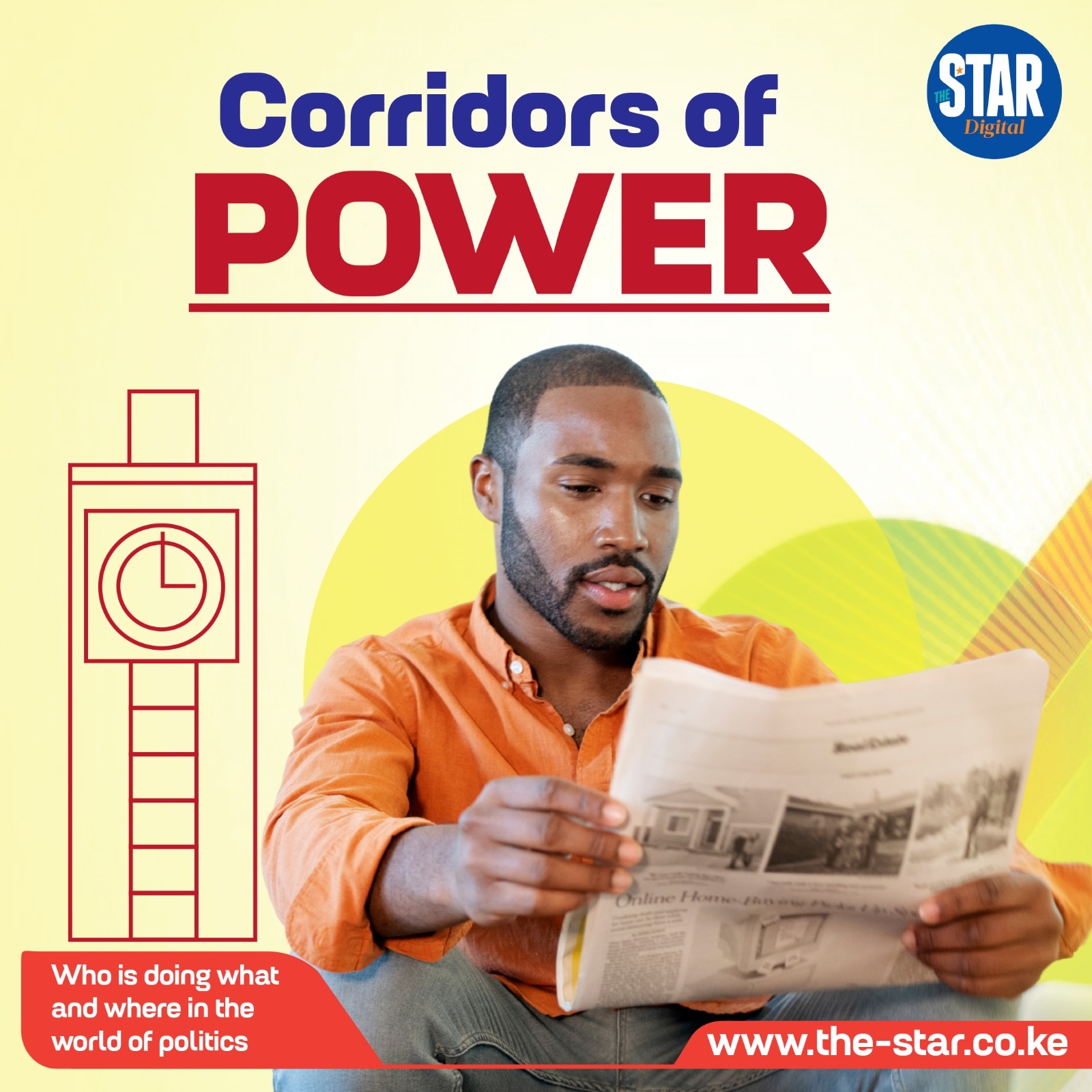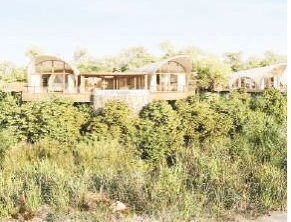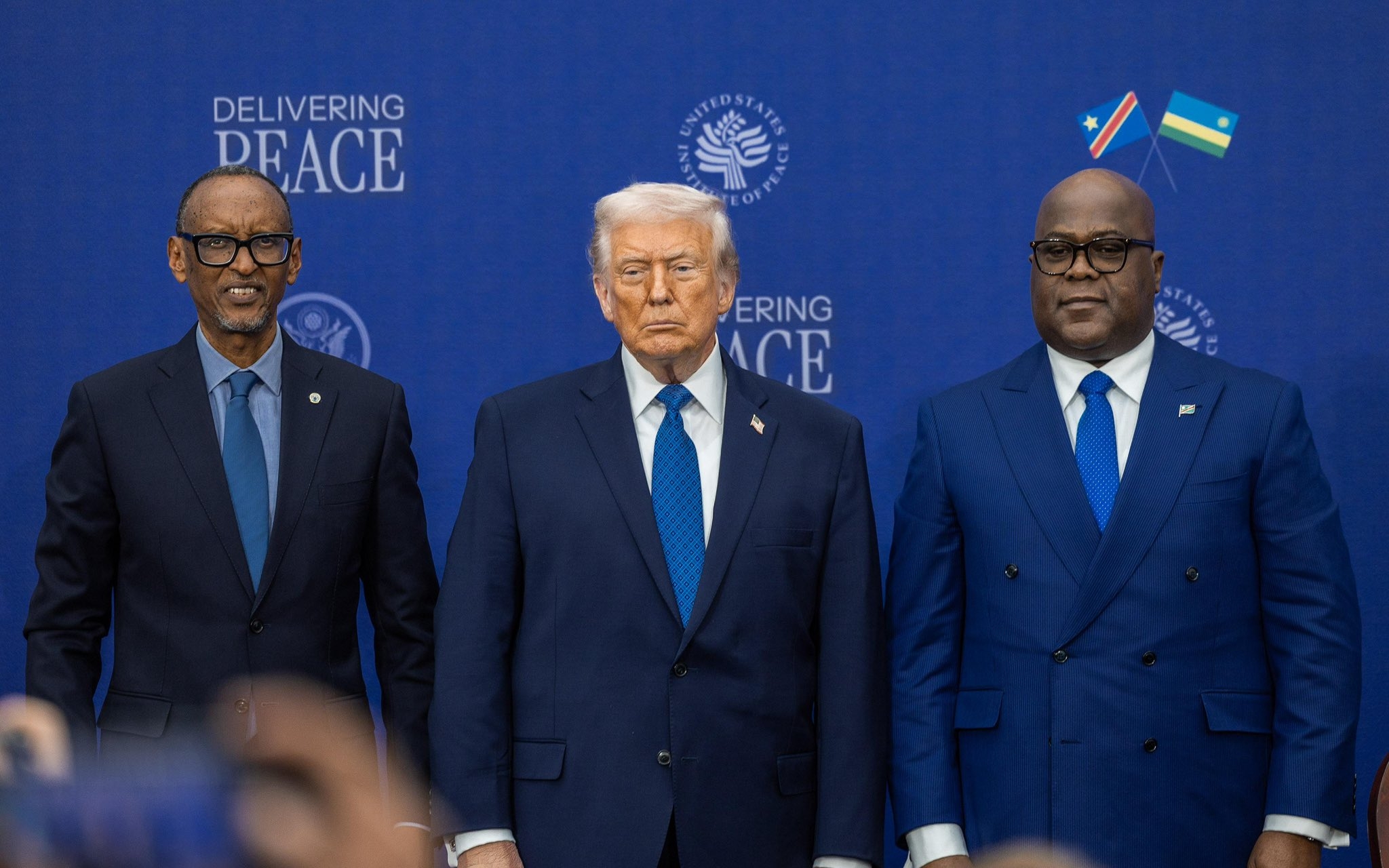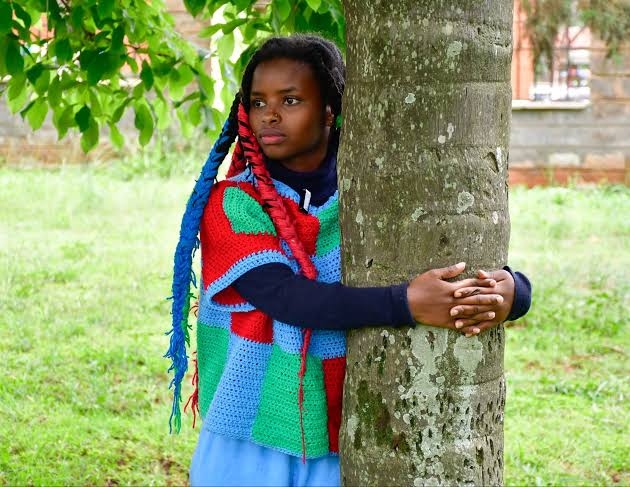Conflicts arising out of competition for water among pastoralists in Northern Kenya could soon be controlled if a project initiated in the region achieves its objective.
The $385 million (Sh50.4 billion) World Bank-funded Horn of Africa Groundwater for Resilience Programme was launched in June 2022 in a bid to alleviate the acute water crisis that has gripped the region for ages.
Severe drought and hunger, combined with the water crisis, often exacerbates conflict among the pastoralist communities in Northern Kenya, and along Kenya’s border with Ethiopia, South Sudan and Uganda.
Water is the major challenge in Northern Kenya. Even in the Turkana Lake Basin, water is an issue. Due to its salinity, high levels of fluoride, and pollution, the lake water cannot be used for drinking or agriculture.
So, people rely on the few freshwater resources found by intermittently digging holes in dry riverbeds. Groundwater (except for a few freshwater sources) has a very high fluoride content, making its untreated consumption impossible.
Dr Steven Owuor, the principal water research officer in the State Department of Water, says the project prioritises the development of groundwater to help avoid conflicts arising out of competition among pastoralists for the precious resource.
“Competition for water and pasture causes tension and conflict among the communities. The project is expected to address this and other challenges by building resilience. Groundwater comes in to address these issues,” he said.
Owuor was addressing water experts, policymakers, private sector representatives and geologists at the recent Geo-East African Conference and Expo organised jointly by the Geological Society of Kenya (GSK) and the Geological Registration Board.
The Horn of Africa project that aims at boosting the region’s capacity to adapt to the impacts of climate change includes Inter-Governmental Authority on Development (IGAD) member countries Ethiopia, Kenya and Somalia.
In Kenya, the project targets 1.5 million people in Garissa, Mandera, Marsabit, Turkana and Wajir, with an implication on transborder aquifers across these counties. The World Bank engaged the Water ministry to implement it to ensure an increase in sustainable access and management of groundwater resources.
The rationale behind the project is that Kenya is a water-scarce country, where lives have been lost, livelihoods destroyed and thousands of livestock lost as a result of drought, which has been declared a national disaster. The $1.08 million loss arising out of the four-year-long drought is still being felt to date.
Experts say groundwater constitutes a natural buffer against climate variability and change, as it is available in times of drought when other surface or subsurface resources are scarce.
The first phase of the project is expected to reach 3.3 million direct beneficiaries, of whom at least 50 percent are women, through interventions designed to increase access to water supply and to reduce vulnerability to climate change impacts.
Activities in the first phase of the project will include the construction of medium- and small-scale infrastructure to provide sustainable access to groundwater resources, the development of information and knowledge on regional aquifers, and building institutional capacity on groundwater management and governance.
Owuor says that because of the high borehole failure in the region, the project will include their operation and maintenance with the need to strengthen knowledge about groundwater resources.
The Water Resources Management Authority (WARMA) is working closely with the implementing authority, the Water Resources Authority (WRA) to reach the beneficiaries as well as with the Water Sector Trust Fund in the counties.
The project aims to increase access, operation and maintenance of groundwater by drilling 400 boreholes (80 in each of the five counties). It will provide a good opportunity for geologists who will build these water sources.
Local communities have been engaged, environmental impact assessment done and the capacity of Water Resource Users Associations (WRUAs) enhanced to manage aquifer recharge.
A WRUA is an association of water users, riparian landowners and other stakeholders who have formally and voluntarily associated to cooperatively share, manage and conserve common water resources.
Owuor says the Horn of Africa Groundwater for Resilience project is different because it is quite transparent and involves everybody through community engagement in the drilling of boreholes, structures and information systems.
It also involves the development of nature-based solutions for strengthening the consultative use and recharge of the seven identified aquifers. This will be achieved through the establishment, mobilisation and capacity building of sub-catchment plans and gazettement and investment in nature-based solutions.
A borehole database will be stored and an enabling environment created for the sustainable development of groundwater resources.
A National Groundwater Management Strategy containing regulations, guidelines and a code of practice has been developed on groundwater, and a drought information system established at the Regional Centre on Groundwater Resources at a total investment of $135 million (Sh17.7 billion).

















